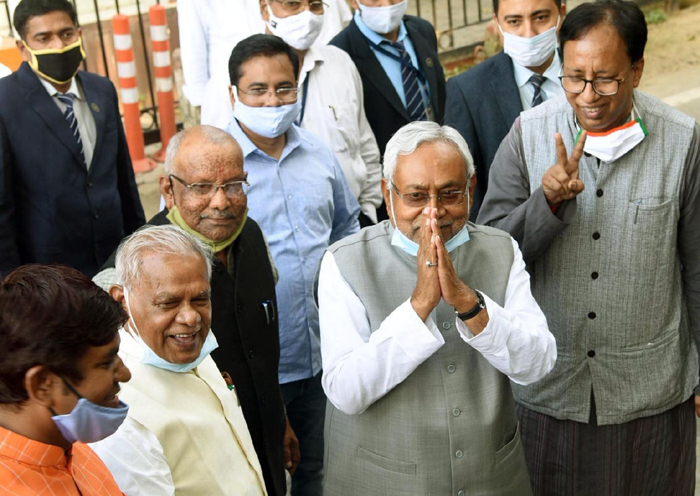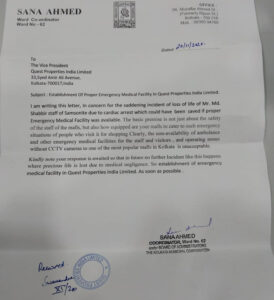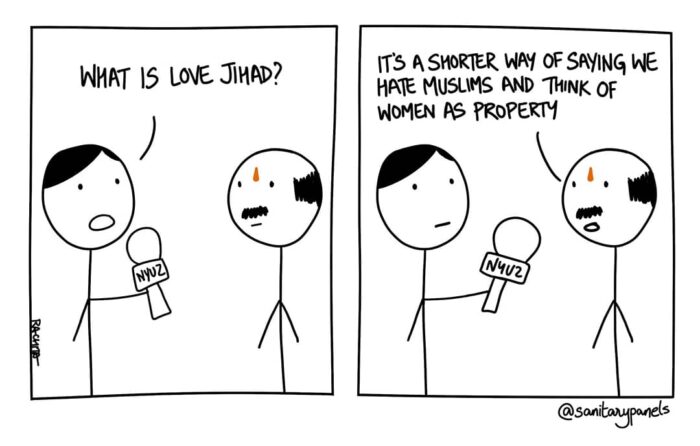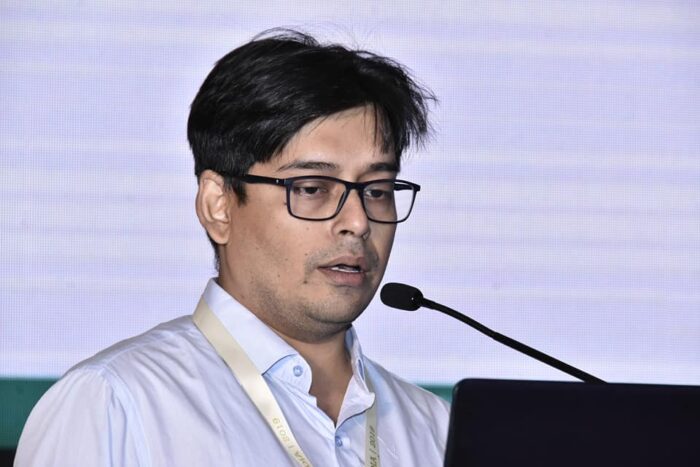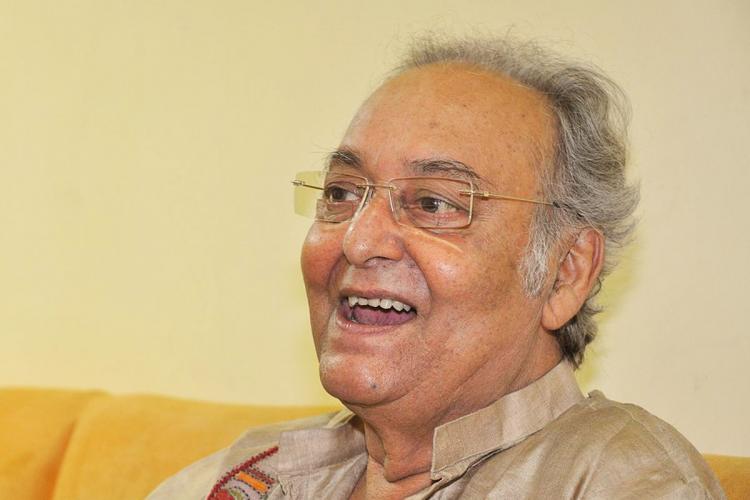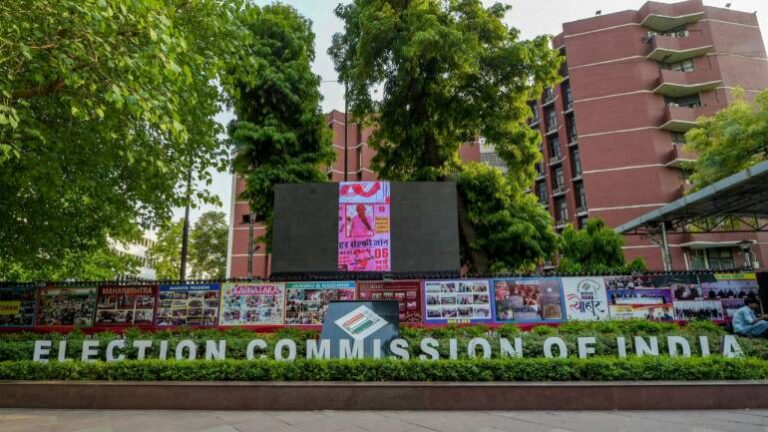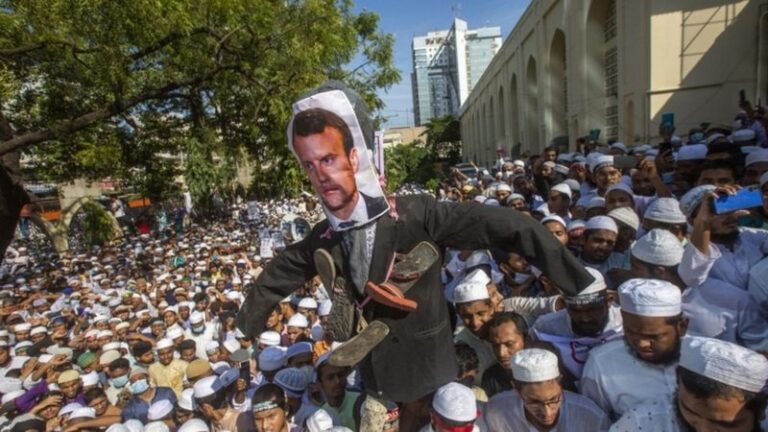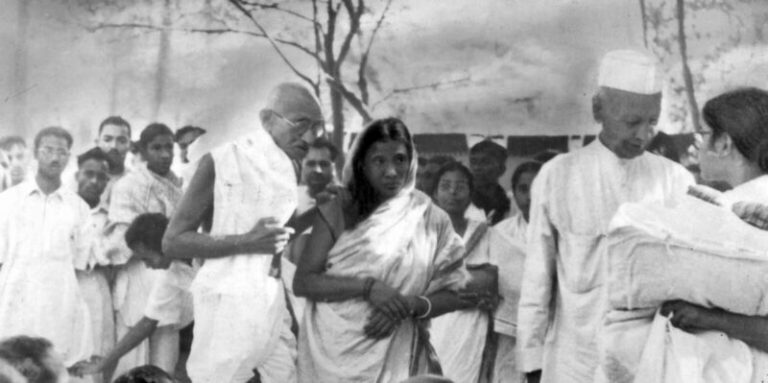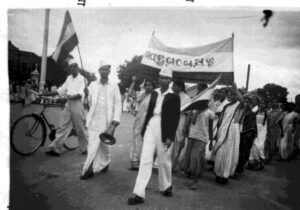Dear Shri Modi:
This letter is essentially to suggest that aiming to vaccinate all the citizens against the SARS-COV-2 disease is not a sound, rational, scientific and intelligent approach for India.
It is demonstrated that the entire world is in the grip of Covid-19 pandemic since the beginning of the year 2020. However, a cursory look at the country wise figures reveal very different picture. It shows that there is very wide variation in terms of number of persons infected and passed away in different countries and India forms part of the region where its impact is not to the proportion as of Europe and the US. Till this date, around nine million plus persons are infected and more than one hundred thirty-thousand lives are lost since the first confirmed case of it detected on 30th January, 2020.
More than 320 candidates are registered for development of vaccine against Covid-19 at the moment and it can be hoped that there will be a bouquet of them available quite soon. It will be the first time in the history of vaccine development that they are being developed in such a short time. The competition for approval and then marketing is so intense among pharmaceutical companies that within a span of few months some of them seem to have developed credible vaccines with above 90% efficacy and planning to seek emergency approval.
There are questions on the claims of above 90% efficacy of vaccines, however, the more important issue is to decide whether India needs vaccine, and if it needs then whether it should be administered to all citizens. The concern and resolve of your Government to protect all citizens of India from Covid-19 is undoubtedly very noble and laudatory but it could be misdirected if the decisions are not made based on sound analysis
Based on the current incidence, prevalence and fatality status of Covid-19 disease in India we find vaccinating all citizens does not merit any scientific rationale besides it will be a logistical nightmare and financially catastrophic. The reasons for it are as follows:
- SARS-COV-2 is an acute infection caused by species of Corona virus and should fade away after a time span as the epidemics of SARS in 2002-03 and of MERS (2012-13) caused by the viruses of the same species faded away.
- Both SARS and MERS washed out without any vaccine, specific medicine and any herd immunity. Attempts for developing vaccines and medicines were taken even for SARS and MERS but not with such a zeal and investment as now. The difference was that both these earlier epidemics did not affect the industrialized rich countries of the west and north and pharmaceutical companies did not find it so lucrative to invest in research and development for them.
- A small fraction of the population who is at the highest risk could be vaccinated when a fully safe and effective vaccine becomes available. For the majority of the population only non-pharmacological measures to protect themselves from the disease should go on more stringently along with prompt and quality treatment of those who require hospitalization because of intensity of symptoms. Our anecdotal data suggests that a majority of deaths owing to Covid-19 are because of very inadequate medical care. Therefore, the money saved by not procuring vaccines for the entire population of more should be used for strengthening public health system – state of the art medical colleges with hospitals in every district with minimum 700 beds with all specialties and possibly super-specialties. Primary health system brought up to the standard as enshrined in the new Health Policy 2017. This strengthening will not only mitigate the attack of Covid-19 disease but would serve as an active guard for several years to come to deal with all other diseases many of which take even higher toll than Covid-19 in India. The most notable among them is tuberculosis. Daily deaths owing to TB prior to Covid-19 pandemic were about 1100 which might have increased owing to disruption in the supply chain of medicines to patients.
- It is ironical and unethical that very little is being done for much and urgently needed research to find new medicines for the treatment of Covid-19. The reason is obvious that it is not a cost effective proposition for the pharmaceutical companies to invest in it as they are required in far less number than a vaccine.
- Even if the entire population is vaccinated against Covid-19, effective medicines will still be required as disease would continue to exist. Publicly funded initiatives are required for finding new medicines.
- Some of the companies have used mRNA technology to develop a vaccine. This RNA is being created through use of genetic engineering. Gene based technology have been used for developing vaccine earlier but none for vaccine of any human illnesses so far[i]. What could be its long term effects on human body are uncertain.
- The test results of different vaccine candidates claiming to have more than 90% efficacy are based on very small number of positive persons out of the large number of volunteers being put on trial. Efficacy data has not been presented through peer reviewed article in any medical journal of repute but through press releases. The released data does not provide any differentiation between ages, sex, geographies, co-morbidities, body mass index, antibodies status prior to trial and after testing positive. Therefore, the efficacy of these vaccine candidates for the entire range of human beings is still to be established.
- It is still unclear that how many doses of the vaccine would be needed and how long the immunity would last. This could be extremely unaffordable if the vaccine would be required at short intervals.
- Vaccines to be given intramuscular would pose a serious threat of other medical problems as maintaining aseptic conditions could be a huge challenge. If abscess developed at the injection site among old and diabetic persons it may take a long time to cure and call for additional medical attention.
We therefore citing above reasons strongly advise that India should opt for very selective immunisation against Covid-19.
Best regards.
Chhaya Pachauli (Rajasthan), Gautam Khandelwal (Rajasthan), Dr. Gopal Dabade (Karnataka), Jagannath Chatterjee (Odisha), Kavita Srivastava (Rajasthan), Dr. Meeta Singh (Rajasthan), Dr. Narendra Gupta (Rajasthan), Dr. Pavitra Mohan (Rajasthan), Dr. Prabir Chatterjee (Chhattisgarh), Dr. Srivatsan (Telangana), Rosamma Thomas (Maharashtra), Srinivasan (Gujarat), Sudhir Katiyar (Rajasthan).



